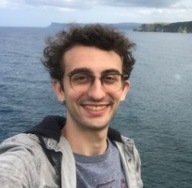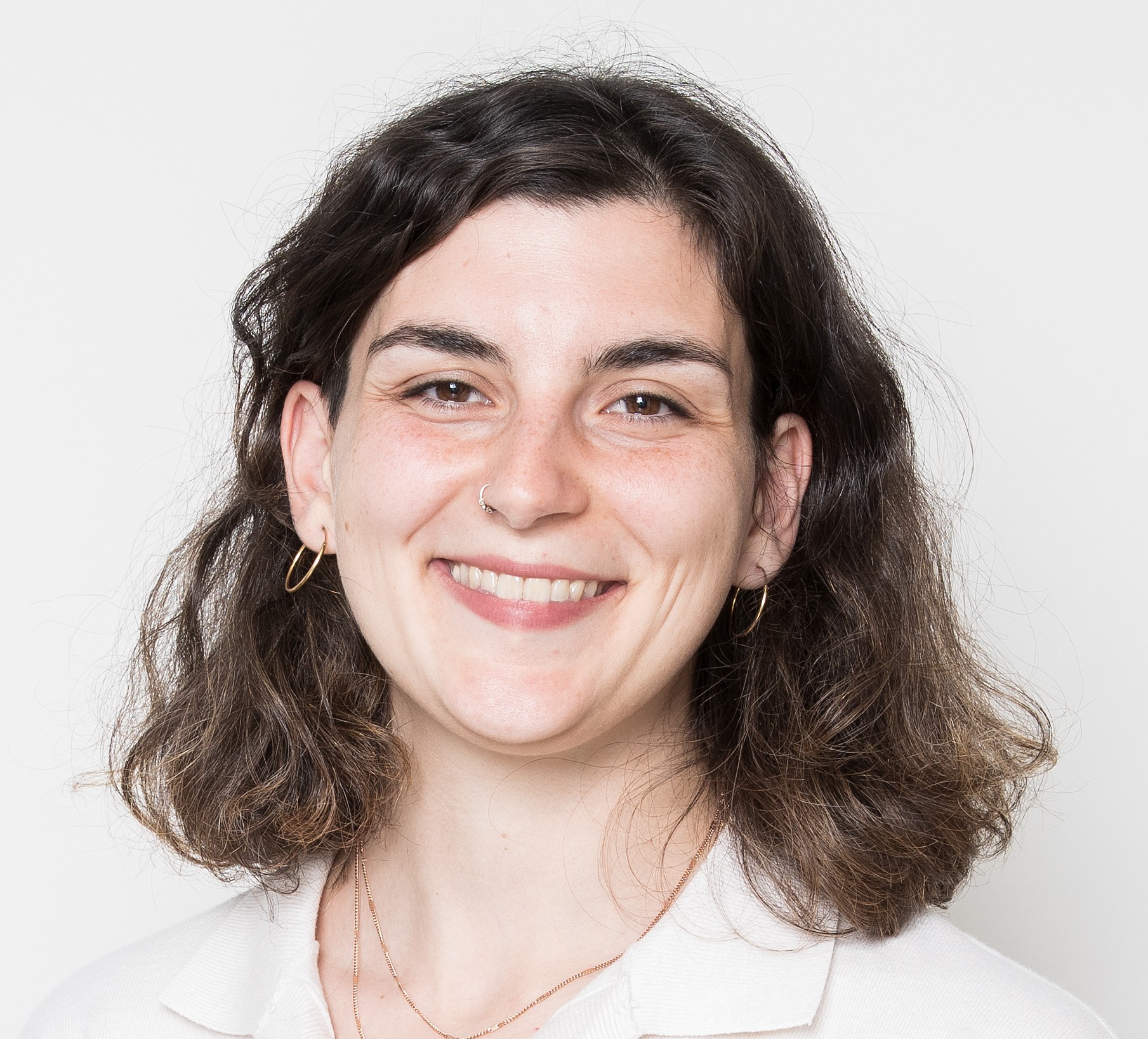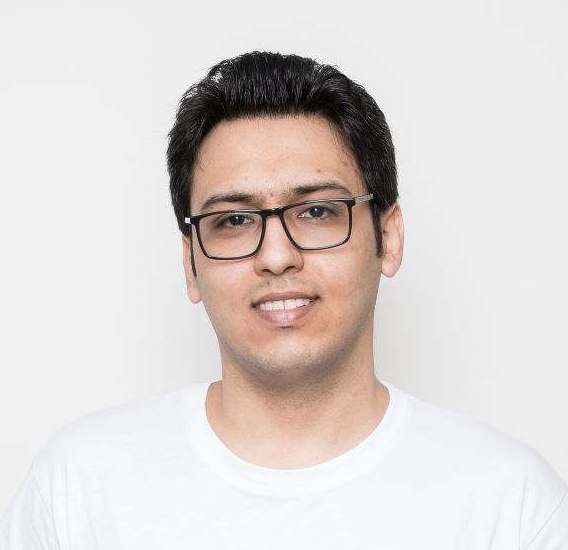Blae Stacey - Interview
PORTRAIT | Education / International / Doctoral Researcher / PHGS
Blae Stacey started her doctoral studies in July 2022 at DESY in Accelerator Physics (Beam Diagnostics) in the MPY1 research group. Her dissertation with the title “Microstructured dielectric diagnostics for charged particle beams” is supervised by Prof. Wolfgang Hillert and Dr. Thomas Vinatier. Prior to her PhD, she completed her Master’s degree in Physics at the University of Leeds (UK). In an interview with us, she talks about her experience as a member of the PHGS.

Can you describe in one or two sentences what you particularly like (most) about your current academic/working environment?
My current working environment is very flexible; it allows for both independent and collaborative work, as well as hands-on experimental work. There is a lot of variety in my typical working day and I can structure my time to work when I am feeling most productive and motivated, and take breaks when I need to.
If you like, please let us know what a typical working day looks like for you.
On a typical day where I am working in my office, I have a daily morning meeting with the operation team at ARES where we check in with what happened during yesterday’s shift. After this, my day varies depending on the projects I am working on at the time. It could be operating in the BKR for user operation or group experiments, running simulations, coding scripts for use at ARES or for data analysis, writing up conference proceedings or a paper I am hoping to publish, or aligning the laser in the laser lab. I also usually have lunch with people from my group, or other friends on Campus Bahrenfeld, and meetings with my project supervisors or my group.
Which offers of the PHGS did you already use?
I joined the onboarding meeting with Stefanie Tepass and signed up for skills trainings and the German language class.
How did you benefit from the offers of PHGS? From which 2-3 offers have you benefited the most and in what way?
The German language classes offered by PIER have been instrumental in my adjustment to living in Hamburg. They offer lots of different levels of classes, at different times through the week, and with varying frequency. I have been taking a 1.5hr class, once a week, because it still allows plenty of time for my studies, whilst helping me to settle into life in Germany by advancing my German knowledge. If there are conferences or additional work meetings that mean you have to skip a lesson, there are no problems, which is excellent for PhD students who could struggle to commit to more frequent lessons or a rigid course structure. The tutor is friendly and always happy to help if anyone has specific questions that have arisen in their daily interactions, and arranges meet-ups in coffee shops for everyone in the class to practice their German skills together and socialise.
I have signed up for future PIER courses surrounding academic writing which I am excited for, to expand on my knowledge and improve the quality of my written work before I have to get started on my thesis!
Can you describe in one or two sentences why you think the PHGS is a useful institution for doctoral students?
When I found out about PIER I was relieved that there was a port of call to ask questions about the way that PhDs work, and workshops to help with lots of the specific concerns I had. A PhD is such a large project to manage, that without the skills I have learned (and will continue to learn) through PIER workshops, I would definitely be lost! PIER is also a great tool for broadening the scope of a PhD, finding new research interests and career ideas, and learning transferable/soft skills that will help in all future plans.
How did you benefit from the offers of DOIT (Doctoral Initiative)?
I find it reassuring to know that there are people working on behalf of PhD students interests on the decision-making boards, and voicing the concerns and ideas of PhD students; it is something I would like to become more involved with in the future. The meetings have been very good for meeting other doctoral students, and I have enjoyed lots of the DOIT job seminars for considering careers after my PhD.
Can you describe in one or two sentences why you think DOIT (Doctoral Initiative) is useful for doctoral students of the PHGS?
It is a good source of friendship and camaraderie through a PhD, and is useful for networking and exploring future careers.
What is/are your favourite place/s in Hamburg (and why)?
I love walking through the woods and along the beach between Rissen and Blankenese, as well as taking the ferries on the Elbe, because they remind me of where I grew up near Liverpool in the UK. I also love the view from the viewing platforms of the Elbphilharmonie (as well as the interior and the music!) and St. Nikolai Kirche steeple.
Can you describe in one or two sentences what you particularly like (most) about your life in Hamburg or Hamburg as a city?
Hamburg is a beautiful city to me because of the way that so many styles of architecture are right next to each other, and industry coexists with nature everywhere you look.
If applicable, please finish the following sentence: I never regret moving to Hamburg because…
… I get to work at an incredible institution, do interesting research, explore new places, and learn a language all at once!
Thank you very much, Blae, and all the best for your doctoral studies!








